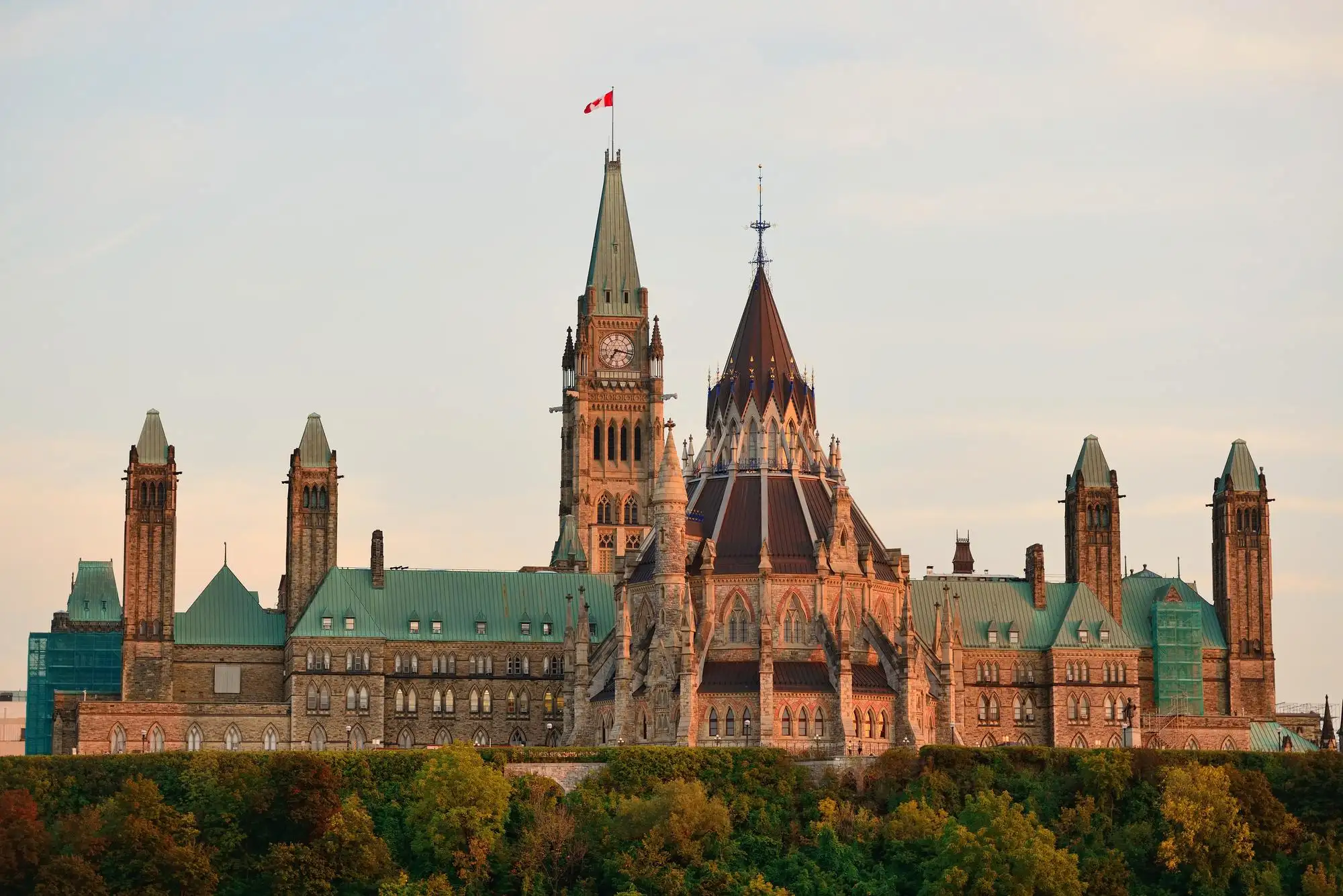On June 16, 2022, Deputy Prime Minister Crystia Freeland announced an “Affordability Plan” to tackle the ongoing price increases in the economy. Minister Freeland announced the five following measures:
- Enhancing the Canada Workers Benefit—at a cost of $1.7 billion in new support for workers this year—to put up to an additional $2,400 into the pockets of low-income families starting in 2022.
- Increasing OAS – A 10% increase to Old Age Security for seniors over 75, which should provide up to $766 more for more than three million seniors this year.
- Onetime payment to Canadian Renters – A $500 payment in 2022 to nearly 1 million Canadian renters who are struggling with the cost of housing.
- Reducing Child Care – Cutting child care fees by an average of 50% by the end of 2022, with savings for a family in Toronto of up to $6,000.
- Free Dental Care – Dental care for Canadians earning less than $90,000, starting with hundreds of thousands of children under 12 this year.
- Indexing Government Benefits to Inflation – The indexation to inflation of benefits including the Canada Child Benefit, the GST Credit, the Canada Pension Plan, Old Age Security, and the Guaranteed Income Supplement. The federal minimum wage, which was increased to $15/hour, is also indexed to inflation.
Minister Freeland explained for a couple here in Ontario, with an income of $45,000 and a child in daycare, this Affordability Plan could mean about an additional $7,600 above existing benefits—more than 16% of their annual income— in 2022.
As of now, more details on these measures have not been announced. Since these measures are meant for fiscal 2022, we expect to hear more details very soon.


